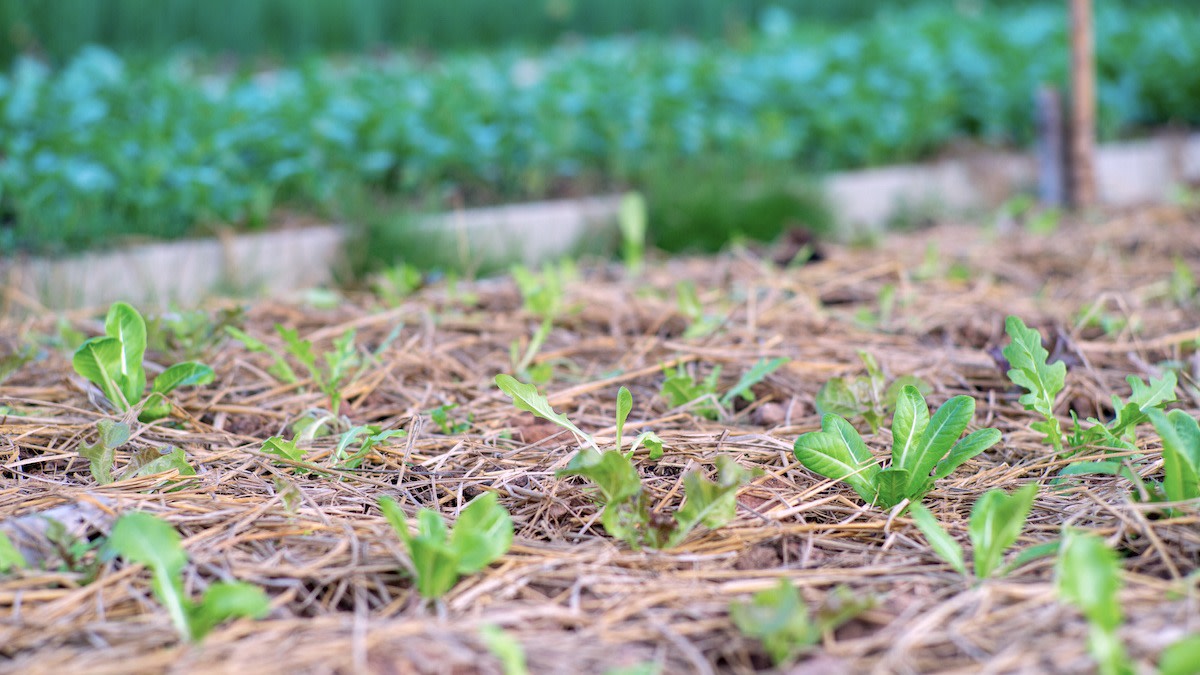6 Ways Cover Crops Benefit Your Garden
Written by MasterClass
Last updated: Jun 7, 2021 • 3 min read
Not all crops are planted to be harvested. Cover crops aid the development of other crops and are an essential part of sustainable agriculture.
Learn From the Best
What Are Cover Crops?
Cover crops are plants grown to improve soil health. Farmers grow cover crops in the off-season in order to prepare the land for the next cash crop. Cover crops are usually either legumes or grains, but other plants like brassicas can be cover crops as well.
6 Benefits of Planting Cover Crops
The benefits of using a cover cropping system far outweigh the cost of cover crop seed.
- 1. Cover crops prevent soil erosion and increase soil moisture. Soil erosion is the wearing away of topsoil by water, wind, or living organisms. Erosion can have extremely harmful effects on soil. A dense layer of cover crops forms a protective barrier over the soil surface, shielding it from strong winds and damaging high-velocity rainfall. Cover crops ensure that rain trickles down into the soil more slowly, which allows for greater water infiltration and a higher percentage of soil water storage.
- 2. Leguminous cover crops add nitrogen to the soil. Cover crops are often members of the legume family. Legumes have evolved in symbiosis with bacteria that live on their roots and possess the almost miraculous ability to convert nitrogen from the air—where it is abundant, but of no use to the plants—into a soluble form that roots readily absorb. This is known as nitrogen fixation. Nitrogen is the element responsible for lush green growth in plants, but it is in short supply in most soils. Leguminous cover crops replenish the soil with nitrogen.
- 3. Cover crops improve soil quality. Planting cover crops can increase the amount of soil organic matter by providing a habitat for symbiotic fungi and bacteria. An increase in soil organic matter improves soil structure, which allows for additional aeration and moisture retention.
- 4. Cover crops control pests. It's possible to decrease the effect of pests in your garden by using cover crops as "trap crops." Trap crops provide an attractive habitat for harmful pests, luring them away from more valuable crops.
- 5. Cover crops suppress weeds. Cover crops hinder weed growth by reducing the amount of light available to weed seeds. Even when weed seeds are able to sprout, their growth is limited by the cover crop smother effect. This effect occurs when cover crop residue decomposes on the soil surface, forming a thick layer of mulch. The growing weeds end up exhausting all their energy attempting to burst through this thick mulch layer, and they die before they can breach the soil surface.
- 6. Cover crops create a healthier ecosystem. Flowering cover crops provide a food source and habitat for pollinators and other beneficial insects, while simultaneously providing extra forage for wildlife to eat during the lean winter months.
4 Types of Cover Crops
Cover crops add organic matter and residue to the soil, reduce soil erosion, suppress weeds, attract beneficial insects and pollinators to your garden, and improve the overall health of other crops.
- 1. Legumes: Legume cover crops like hairy vetch, cowpeas, Austrian winter peas, and clover (including red clover, crimson clover, and New Zealand white clover) are especially useful cover crops since they fix nitrogen in the soil.
- 2. Grasses: Rye and sorghum-sudangrass are cover crops that grow rapidly and add lots of organic matter to fields and garden beds. They’re also effective forms of weed suppression.
- 3. Brassicas: Brassicas like the forage radish alleviate soil compaction and inhibit weeds.
- 4. Non-legumes broadleaves: Buckwheat, flax, and marigolds can prevent soil erosion, boost soil fertility, and serve as green manure when they decompose.
Learn More
Grow your own food with Ron Finley, the self-described "Gangster Gardener." Get the MasterClass Annual Membership and learn how to cultivate fresh herbs and vegetables, keep your house plants alive, and use compost to make your community - and the world - a better place.
